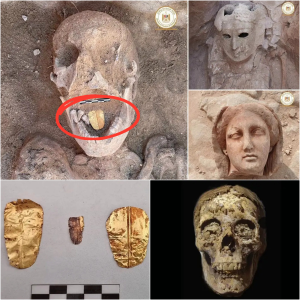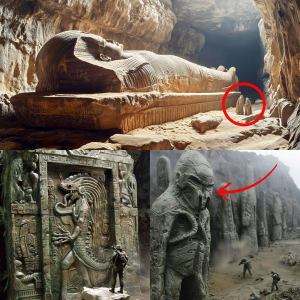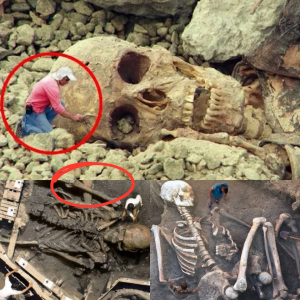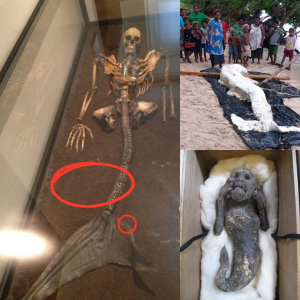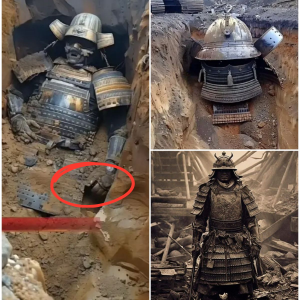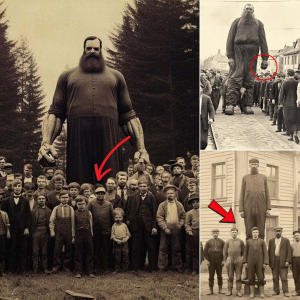Archaeologists have discovered an enormous medieval cemetery containing an estimated 1,300 burials beneath St John’s College, Cambridge, thought to be among the largest medieval hospital burial grounds in Britain.
It is believed that many of the remains belong to university scholars who had fallen on hard times and whose families could not afford more elaborate burials.

Cambridge University reports that historians first became aware of the existence and location of the cemetery in the 1950s, but the enormity of the burial ground was unknown until excavations began three years ago as part of the refurbishment of the Victorian building there. Details of the findings have only just been made public.
A report published in the latest issue of the Archaeological Journal has revealed that more than 400 complete skeletons dating to between the 13 th and 15 th centuries have been unearthed, along with as many as 1,000 additional burials containing fragmentary remains.
Some of the graves contained fragmentary and disarticulated remains (left), while others contained complete skeletons (right). (Craig Cessford, Cambridge University Department of Archaeology and Anthropology)
Most of the bodies were buried without coffins and most lacked even burial shrouds, confirming historical references dating back to 1250 that indicates the Hospital of St John the Evangelist.
Which stood opposite the graveyard until 1511 and gave St John’s College its name, was dedicated primarily to the care of “poor scholars and other wretched persons”. Only a handful of graves contained jewelry or personal items.
400 skeletons were found at the cemetery site at Cambridge University(Craig Cessford, Cambridge University Department of Archaeology and Anthropology).
The number of remains discovered was far more than the team had expected, and they shed significant new light on life and death in medieval Cambridge, reports Cambridge University.
An analysis of the remains revealed that roughly half belonged to men and half to women. No children or infants were found, perhaps unsurprising if the cemetery was primarily used for scholars of the university.
Archaeologists carried out analyses on hundreds of the remains. (Craig Cessford, Cambridge University Department of Archaeology and Anthropology).

Dr Craig Cessford of the university’s department of archaeology and anthropology and the leader of the dig, explained that testing was carried out in order to investigate local rumors linking the hospital cemetery to the black plague. However, no evidence of disease was found on the remains.
The bodies did not exhibit many serious illnesses and conditions that would have required medical attention. A report by The Archaeological Journal on the find said “this could reflect that the main role of the hospital was spiritual and physical care of the poor and infirm rather than medical treatment of the sick and injured”.

Featured image: Skeletons were discovered completely intact beneath the Old Divinity School at St John’s College.(Craig Cessford, Cambridge University Department of Archaeology and Anthropology).
